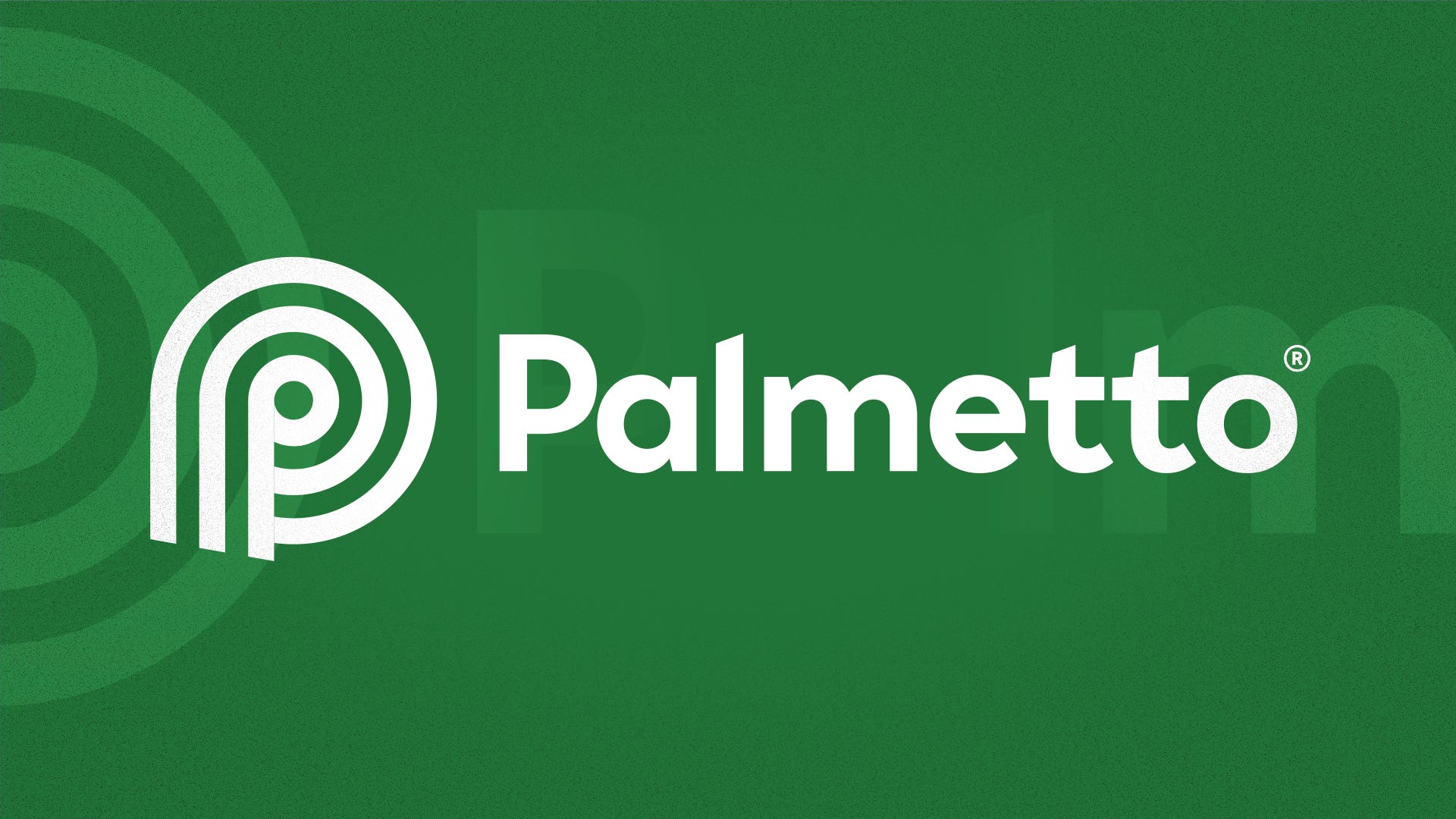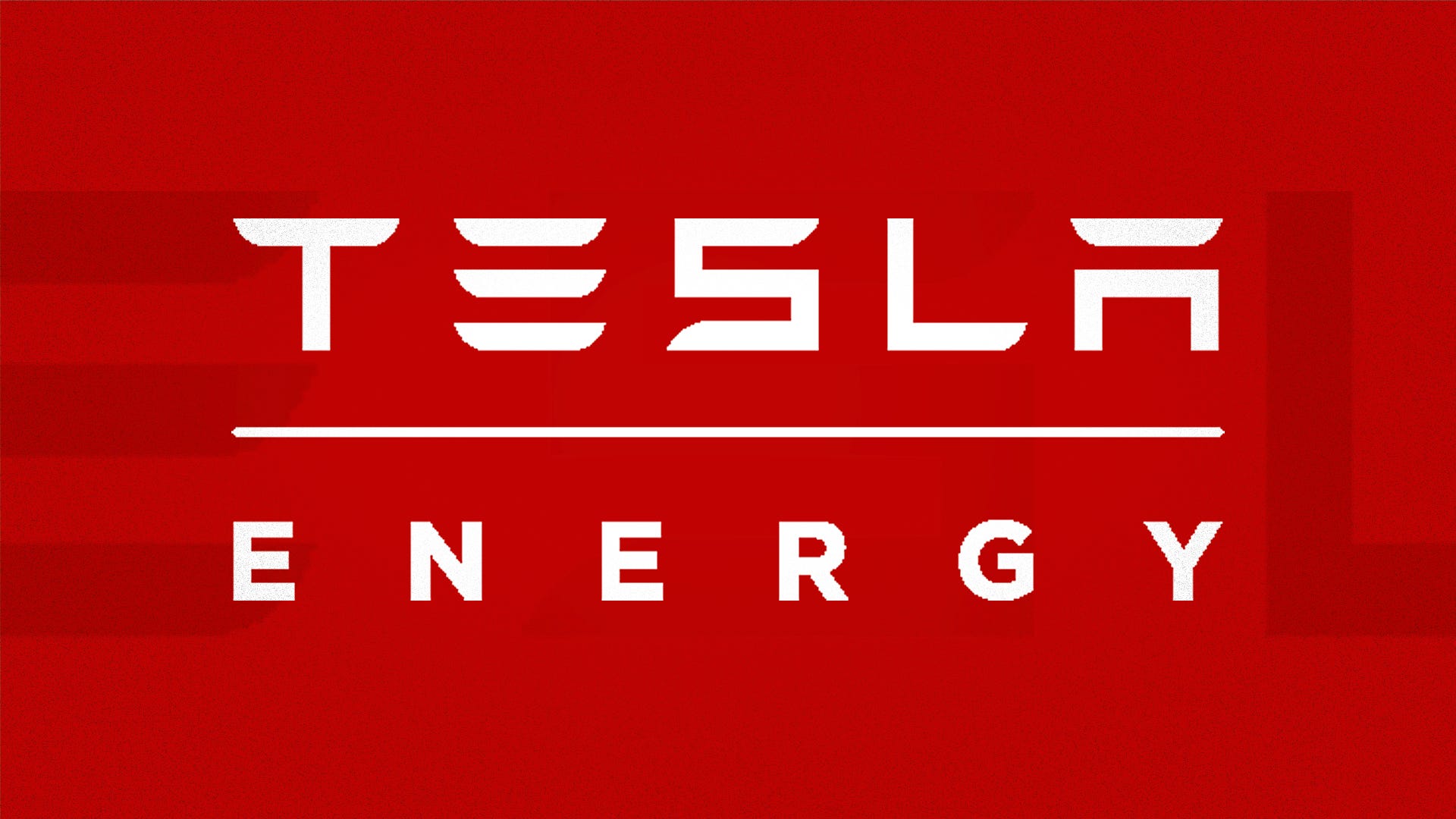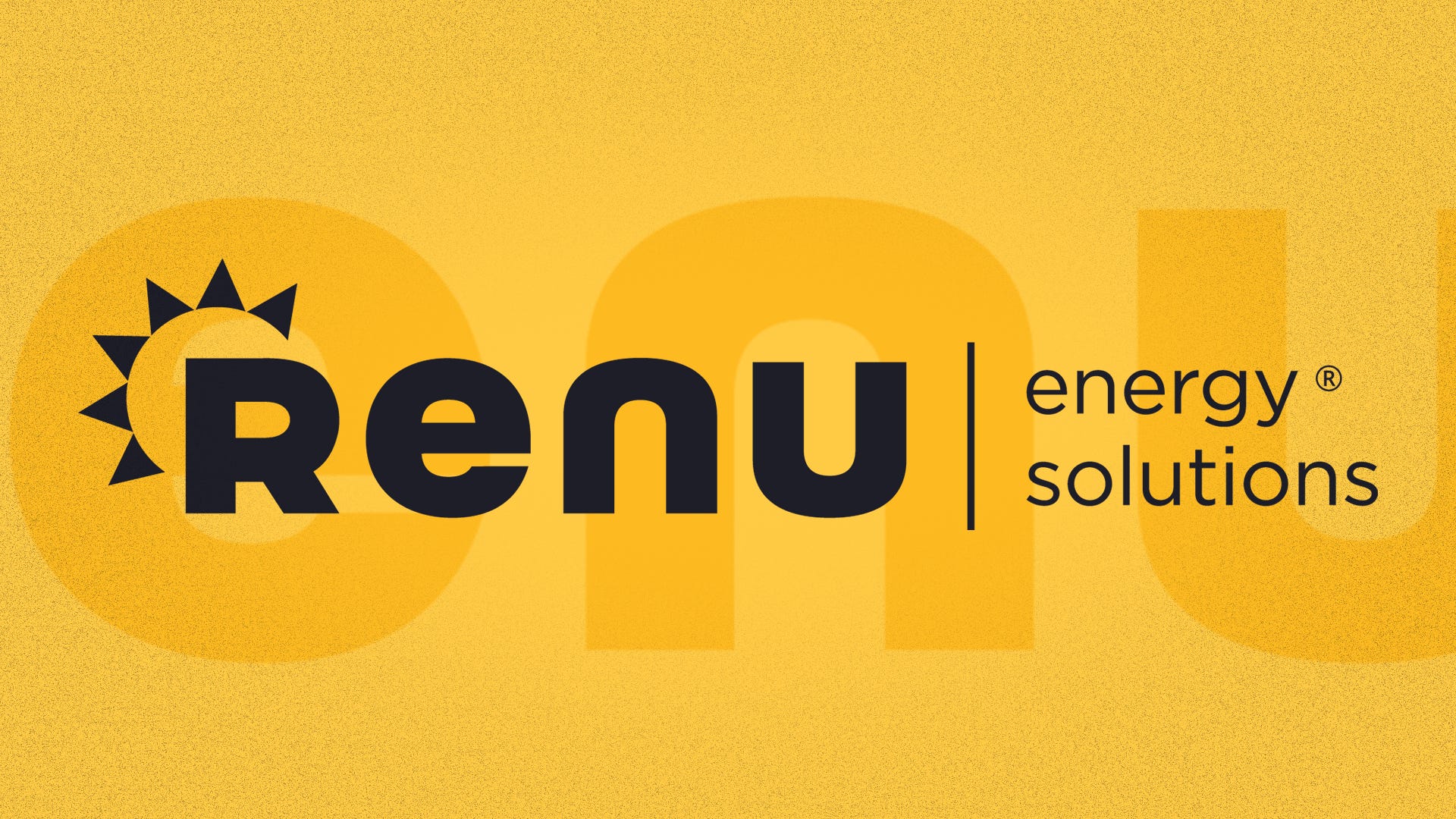The state of North Carolina offers several solar-friendly incentives and offers an ideal location for solar, with an abundant amount of sun year-round. In fact, North Carolina gets more average daily peak sun hours than many other US states -- 4.2 to 4.7 peak sun hours per day -- according to Global Solar Atlas, an online resource that provides map-based solar information.
Duke Energy, the primary electricity provider in the Tar Heel State, raised electricity prices by as much as 9.5% in 2022, according to WCNC. To help offset rising electricity costs, tapping into a renewable energy source using solar is a great option. But a solar panel purchase comes with a hefty upfront investment.
Luckily, some incentives and rebates help lessen the financial blow of switching to clean energy. A federal tax credit included will recoup 30% of the cost of any clean energy addition to your home when you file your taxes. North Carolina has localized incentives too -- net metering programs, for example, help homeowners without batteries draw energy from the grid according to the excess energy they send to the grid during peak hours.
Here's what you need to know about going solar, starting with how to choose the best solar company to install your panels in North Carolina.
Best national solar panel companies in North Carolina
These are the top national installers that operate within the Tar Heel State, according to our rankings.

Palmetto Solar
Best overall
Read full review
Solar panels are typically low maintenance equipment, but they're also unfamiliar. If you want to reap the benefits of solar but will have a bit more peace of mind if someone else is making sure it's working, Palmetto might be a good fit for you. Just remember to add the cost of Palmetto's monitoring service in to your payback period calculations.

Freedom Forever
Best for cash customers
Read full review
Include Freedom Forever in your search if you want the backing of a national company that installs a wide variety of the most popular solar equipment available. Freedom Forever also extends a couple of products that take some of the pain and risk out of going solar, like a production guarantee and an escrow option with cash purchases. Online reviews say customer satisfaction has been low of late, though the company says that's changing.

Tesla Solar
Most affordable
Read full review
Tesla's solar branch seems to be the least loved of Elon Musk's ventures. Even Tesla's Solar Roof seems to get more love.
If price is the thing you won't budge on, consider Tesla. By all accounts, Tesla installs quality panels and makes the closest thing there is to a household name in solar storage: the Powerwall.
Where you might miss out is customer service. Discussion online seems to suggest Tesla's service is a bit of a gamble.

Renu Energy Solutions
Great option for the Carolinas
Read full review
If you live in the Carolinas, Renu offers equipment from well-respected manufacturers and has indicators that its customers are, overall, quite happy. Some of it's warranties -- 10 years on workmanship and 5 years against leaks -- are a bit shorter than others in the industry, where they can reach twice as long. Customers gave it an average rating of 4.79 out of five at the Better Business Bureau, which is higher than most companies on the list.
Local solar panel companies in North Carolina
While national brands get a lot of the attention, the solar industry is full of smaller local companies that can install and maintain your panels. Here are a few we identified through our research that operate in North Carolina.
8MSolar is a local company founded in 2009. 8M has locations in over a dozen North Carolina cities, including Charlotte, High Point, Raleigh and Winston-Salem. The company has an A-plus rating with the Better Business Bureau and is endorsed by Duke Energy. 8M offers batteries from top brands such as the Tesla Powerwall and Sonnen, a 25-year warranty on solar energy systems and financing options through a third-party lender.
Founded in 2009, Yes Solar Solutions is a family-operated solar business based in Cary, North Carolina. Yes Solar Solutions doesn't rely on subcontractors, instead opting to invest in its employees through ongoing training and development. Yes financing assistance uses its network of partners to help customers find a low solar loan rate. For solar storage solutions, the company has certified Tesla Powerwall installers on staff, and solar panels come with a 25-year guarantee.
How to determine which solar company is best for you
The Solar Energy Industries Association reports that there are 252 solar companies within the state of North Carolina -- 99 of which are solar installation companies. Each and every solar installation company performs its services differently. Some companies outsource installation, while others keep it in-house. Make sure to consult with a company representative and make sure the installation method works for you.
With so many companies to choose from, it might seem easy to pick one out and lock them in as your solar installer. Before you jump the gun, though, there are a number of factors you need to consider. Keep an eye out for positive reviews, ask your neighbors about their own solar installations and look at the Better Business Bureau for reports on the installers you might want to contract with.
You should also make sure that any given installer offers a price, product and warranty that works for you. It's always best to reach out to a couple different installers before locking in a contract with any one of them. Sukrit Mishra, program director for Solar United Neighbors, said that you should be looking at four or five installers at the very least, no matter where you live.
Cost of solar panels in North Carolina
Here's a look at the average cash price for a typical solar panel system in North Carolina before factoring in tax credits and incentives, according to data from FindEnergy.com.
Average cost of solar panels in North Carolina
| Typical system size (kW) | Price per watt | Total installed cost | Cost after 30% federal tax credit | |
| North Carolina | 9 | $3.51 | $31,590 | $22,113 |
| National average | 8.6 | $3.67 | $31,558 | $22,091 |
The cost map infographic you'll find below displays the average total price, cost per watt and typical system size for solar panel systems across different states, according to data from FindEnergy.com. The prices shown are not indicative of any cost reductions from tax credits or state solar incentives. If FindEnergy doesn't have solar data for a particular state, it appears grayed out on the map.
How to pay for solar panels in North Carolina
The most popular way for state residents to pay for solar panels include the following:
Cash: Using cold hard cash is often endorsed as the best payment method when installing solar panels because it's interest-free and makes you eligible for all solar tax incentives and rebates.
Solar loans: If you take out a solar loan, you'll also qualify for tax incentives and rebates, but the payback period is longer, and interest will accrue. Some solar installers have relationships with local banks to get you special solar loans with different rates. Make sure to ask your installer about this if you think this is the payment method for you.
Solar leases: Many times, you're able to pay a set monthly fee to the solar company in order to have solar panels on your home. With a solar lease, you don't own your solar panel system -- that means you're not going to be able to take advantage of the tax credits associated with solar panel installation. If you don't have reason to take advantage of these incentives, a solar lease may be for you.
Power purchase agreements: With a PPA, you'll be paying a set fee for the energy generated by the solar system on your house, but these options generally leave you with even less control over the solar array. Instead of buying the panels or paying a leasing fee, you're paying per kilowatt-hour of energy generated. The energy is still less expensive than what you'd usually be paying for from your utility company, in many cases. Power purchase agreements are complicated, and they have many pros and cons. Make sure you know what you're getting into before locking in on this payment method.
You can also explore alternative financing methods such as personal loans, home equity loans or government financing programs such as the Property Assessed Clean Energy program.
"PACE programs allow a property owner to finance the upfront cost of energy or other eligible improvements on a property and then pay the costs back over time through a voluntary assessment. The unique characteristic of PACE assessments is that the assessment is attached to the property rather than an individual," according to the Office of Energy Efficiency & Renewable Energy.
Read more: Just looking for an emergency backup? Check out portable solar panels and solar generators.
North Carolina solar panel incentives and rebates
With these local and state solar incentives, North Carolinians have many opportunities to save on solar panel costs. The residential clean energy credit is perhaps the biggest opportunity for North Carolina residents to save thousands on a home solar system, allowing you to claim 30% of the total cost of your system back in tax credits.
Here's a look at solar incentives available in North Carolina.
| Program | Description |
|---|---|
| Blue Ridge Energy net metering | Customers earn bill credits through solar energy generation "at an amount equal to the most recently approved rate schedule." |
| Duke Energy net metering | NC Duke Energy customers with a residential solar system can earn bill credits for sending excess energy generated by the array back to the power grid. |
| Duke Energy PowerPair Solar Rebate Program | This incentive is a one-time rebate for NC Duke Energy customers installing a solar and battery system. The rebate amount is based on the solar system size. A 7-kilowatt system will generate a rebate of around $2,800. Homeowners must submit a Solar Rebate application within 90 days of installation. |
| Net billing programs | Various North Carolina electric providers offer net billing programs. Check with your provider to confirm availability near you. |
| Property tax exemption | Solar owners in the state can claim a property tax exemption for 80% of the appraised value of their solar system. Apply with the NC Dept. of Revenue here. |
| Residential clean energy credit | This federal incentive, available for homeowners, offers a 30% tax credit for systems installed from 2022 to 2032. Apply through the IRS. |
How solar-friendly is your state?
CNET recently ranked states based on their residential solar policies: the laws and regulations affecting consumer-level solar panel installation and adoption. These policies play a major role in determining how accessible and affordable a solar panel system is to the average resident.
Each state was evaluated through a methodology and scored based on eight categories. The final score was converted to a letter grade.
Here's how your state scored on CNET's solar policy test.
North Carolina
Grade: F
Incentives available:
- State-governed net billing -- solar buyback at the wholesale rate
- Property tax exemption of 80% of the value of the solar panel system
Strongest scoring categories:
The property tax exemption in North Carolina will shave some money off of the initial cost of going solar, though you'll still have to pay 20% of the normal property taxes on your solar panel system.
Categories to improve:
North Carolina's property tax exemption certainly isn't perfect, but the net billing at the wholesale rate is going to hurt residents' savings even more. The state is also completely missing a sales tax exemption on solar panel systems, which might be a good first step for improving state solar incentives.
Installation factors to keep in mind
Consider these five factors before deciding on a solar panel solution for your North Carolina home, so you don't have any surprises before or during installation.
- Rent or own: Homeowners typically have more free rein to make changes to their property. Renters, however, may be ineligible to install solar without landlord approval, but community solar programs, can be a solar alternative.
- Roof condition: A trusted solar installer will determine if your roof requires maintenance before installation. Based on the condition and age of your roof, you can anticipate whether repairs may be necessary before solar installation.
- Home location: North Carolina residents typically have plenty of sunlight to generate solar energy all year. However, homes with ample tree cover or facing away from the southern sky could produce less-efficient solar systems.
- HOA and neighborhood rules: Consider your HOA rules or neighborhood restrictions to avoid complications before or during installation.
- Home insurance policies: Most home insurance companies can add a solar system to your policy. Start communicating with your insurance company before getting solar panels to notify them of your home upgrade.
How we found the best solar panel companies
The companies we listed above as "the best" are curated from CNET's best solar companies list. Companies making the best list are scored on the equipment, warranties and customer service they offer. Then, we make sure these recommendations are available in your state. You can read a full breakdown of how we review solar companies here.
Companies listed under the local installers were chosen in a less rigorous way. We chose them because they offered something unique or notable to customers in the state, they seemed well-regarded by internet reviewers or because they were one of the few installers we could find information on in the state.
Whether we've completed a full review on a company or not, it's always a good idea to get multiple quotes from different installers before choosing a company.
North Carolina solar power FAQs
Does North Carolina offer solar incentives?
Yes. North Carolina solar incentives include net metering programs, property tax exemptions and state and federal rebates for installed solar panels.
What direction should solar panels face in North Carolina?
Typically, south-facing solar panels are best because they absorb the most sunlight overall. However, homes that receive ample sunlight can opt for west-facing panels because they produce more energy during peak times, even if overall energy generation is less.
Can an HOA ban solar panels in North Carolina?
According to WFAE, "The state's 2007 solar access law prevents HOAs from banning solar panels, though it allows rules that restrict their placement." However, a June 2022 lawsuit between residents who installed solar panels on the front of their roofs and their HOA has relaxed solar panel rules. The court determined that the front-facing panels were allowed. "Since neighborhood covenants did not explicitly prohibit solar panels, the court ruled that a review committee cannot enforce a ban," per the WFAE article.
What are the benefits of going solar in North Carolina?
Getting solar panels for your home can have significant benefits, both for you and for the world around you. Solar panels can significantly reduce or even eliminate your electric bill, protecting you from rising energy costs. If connected with a battery, they can also guard you against blackouts. Meanwhile, you'll be getting your energy from a clean, renewable energy source, rather than from dirty fossil fuels that contribute to climate change.